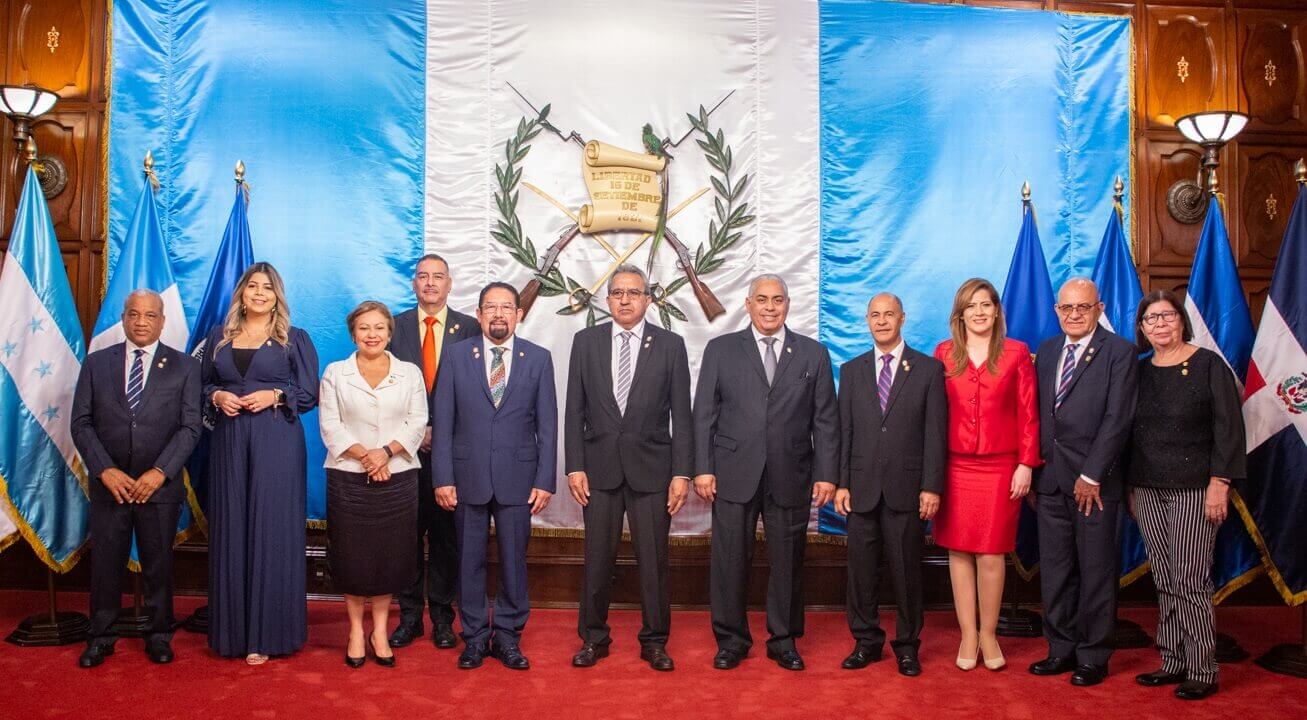On Monday, the Central American Parliament voted to expel Taiwan as a permanent observer after over two decades. Instead, the parliament suggested replacing the island nation with China, whose economic influence has grown considerably in the region over the past few years.
Taiwan’s Expulsion
Also known as Parlacen, the six-nation parliament met in the Nicaraguan capital of Managua, where local legislators suggested China’s addition to the forum. China considers the self-governing island of Taiwan to be part of its own territory.
Citing the UN’s expulsion of Taiwan in favour of China in 1971, Parlacen said in its statement that the decision deemed Taiwan a “province of mainland China, which disqualifies it from participating as an independent country.”
In light of China’s vastly growing power in Central America, five of the six Parlacen members, comprising Nicaragua, El Salvador, Honduras, Panama, and the Dominican Republic, have ended diplomatic ties with Taiwan in recent years.
Guatemala, the most populous country in the region, is the only parliament member that still officially recognises Taiwan.
We reject the decision of the Central American Parliament (PARLACEN) to replace observer status of Taiwan w/ the CCP. It goes against the efforts of PARLACEN to bring democracy & peace to the region. This isn't the direction that countries friendly to the U.S. should be taking. https://t.co/iUzl7lga9T
— U.S. Senator Bill Cassidy, M.D. (@SenBillCassidy) August 21, 2023
Taiwanese Response
Following the news, Taiwan’s foreign ministry said that the country will immediately withdraw from Parlacen in the interests of upholding its “national dignity.” It also condemned what it called China’s efforts to suppress Taiwan’s international participation.
US Response
The move invited bipartisan opposition from US lawmakers. Tim Kaine, a Democrat from Virginia, and Marco Rubio, a Republican from Florida, condemned the vote.
“Since 1999, Taiwan has served as a strong partner in its role as a permanent observer of the Central American Parliament, encouraging good governance and economic development in our Hemisphere,” they said in a joint statement.
The lawmakers also reiterated Washington’s previous accusations of Beijing undermining democracy and subjecting the Uyghur Muslim minority in its Xinjiang province to genocide.
China has consistently been vehement in its denial of human rights abuses in the region.
While the US recognises China diplomatically, it maintains unofficial ties with Taiwan.

